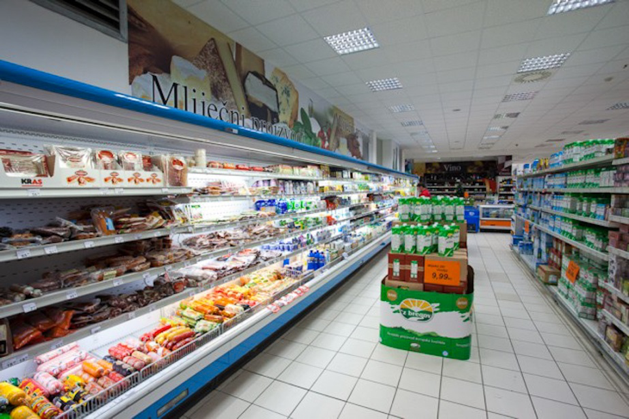How the dual food quality is dividing the EU?

Rarely can something in the EU provoke so much controversy than when a Member State feels it has been mistreated. And when there is a case of more than one state, especially several of them, the situation has to be approached sensibly. During last year’s Slovak presidency, the issue of dual food quality was raised by the Visegrad countries with an aim to put it on the agenda. It was discussed at the EU leaders’ summit in March 2017. Certain government studies in countries such as Slovakia, Romania and most recently Croatia have shown that Central and Eastern European consumers could be consuming products of lower quality than in the West. The food companies are defending themselves by stating that the methodology of the research is not relevant and sufficient, while emphasizing that different markets have a need for different tastes.
The post-communist countries from the Visegrad Group, the Baltics and the Balkans remember the times of planned economy, long queues and supermarkets lacking groceries. It is a very sensitive issue, can be a common cultural reference, and has served as an inspiration for various books and movies, such as Goodbye Lenin.
Back in my college days, our Cold War professor would often mention the well-known example of Soviet politicians visiting the US around the late Gorbachev and Yeltsin times, and their fascination with an average supermarket in Florida, which would be stocked with a variety of products unimaginable in their country. Of course supermarkets did not change history, but with Levi’s jeans and other trademark brands being inaccessible to an average Eastern European citizen, the import of Western brands is noted as a form of liberalization, spurring an urge for freedom and democracy.
Recently the German retail chain Edeka reminded us how a German grocery store would look if there were no imported goods. The message was quite clear and it emphasized that the European Union is not only a union of values, but also a common market for the benefit of its citizens. The supermarket was also lately used as a metaphor by French President Emmanuel Macron, who encouraged some countries of Central and Eastern Europe not to treat the EU as a supermarket when it comes to respecting the rule of law and democracy. In addition to that, Macron is now waiting for the German parliamentary elections to pass, in order to start working on the idea of a multi-speed Europe, which is something Central and Eastern Europe would never support.
So why is the supermarket important for the cold Western and Eastern European relations?
EU law requires that products have a list of ingredients on their packaging, but it does not require a unique recipe for the whole EU common market. Regarding this very issue, the European Commission President Jean-Claude Juncker had a meeting this summer with Slovakian Prime Minister Robert Fico, who was also speaking on behalf of the Visegrad group, accompanied by the Slovakian Commissioner Maros Sefcovic. Robert Fico pointed out that this practice is scandalous, discriminatory and insulting to Central and Eastern European citizens.
Juncker, as a lucid and very experienced politician, is aware that with pragmatic Fico he can discuss issues in times of obvious differences with the rest of the Visegrad Group. He stressed that he understands the issue and reassured Fico that the Commission will approach the matter. The Commission does not have a clear plan on how to do it, but they promised to develop common testing methodology through their Joint Research Centre in September. Nonetheless, the change of legislation still remains to be seen, as probable pressures from the food industry are happening.
With the election of Emmanuel Macron and the already existing differences between the West and the East of the EU, this issue should be considered very carefully. The question of food quality should not be marginalized but seen as a question of European unity, solidarity and equality. If the issue is not adequately approached, it could be abused by populists to raise anti-EU sentiment, to the satisfaction of some external factors that are not interested in a strong and stable EU.
